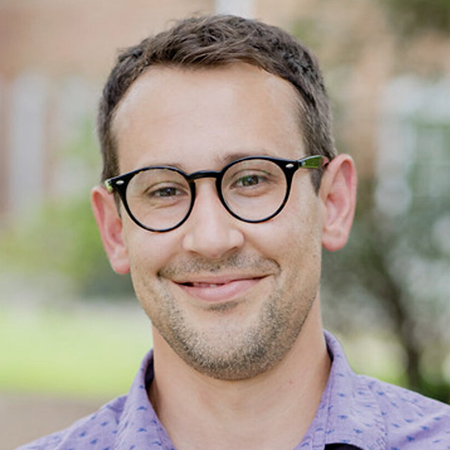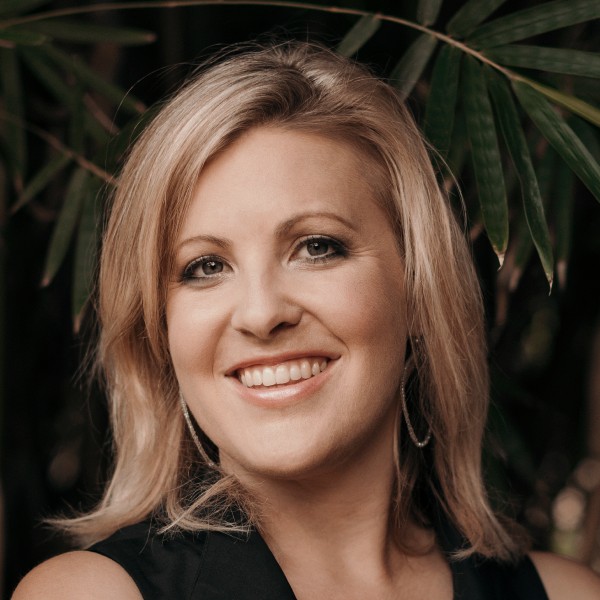Federal agents tear-gassed my block
A Chicago resident and her neighbors respond to federal agents, drawing upon the city’s organizing tradition in a time when people feel under threat.
Recently published
A Chicago resident and her neighbors respond to federal agents, drawing upon the city’s organizing tradition in a time when people feel under threat.
 Link to author Celeste Kennel-Shank
Link to author Celeste Kennel-Shank
“Suicide and the Communion of Saints” offers theological and practical resources to help individuals and communities deal with suicide and its aftermath.
In casual conversation, I am now admitting not all is well, writes an editor of Faith & Leadership.
 Link to author Aleta Payne
Link to author Aleta Payne
When Hurricane Helene devastated western North Carolina in 2024, pastors were on the front lines of the recovery efforts. A retreat offered by the United Methodist Church helped them rest and recover.
When a pastor created a space for embodied faith and tae kwon do in a campus church building, stressed-out students embraced the movement practices.
 Link to author Erica Liu
Link to author Erica Liu
Young adults at an Atlanta church reenacted their youth group experiences in a safe, adult space. What happened felt both cathartic and complicated, writes a program coordinator at Candler School of Theology.
 Link to author Ryan Snider
Link to author Ryan Snider
The trust built by a church in Galveston, Texas, is translating into better access to treatment at a free clinic staffed by health care providers and housed in former Sunday school classrooms.
 Link to author Lindsay Peyton
Link to author Lindsay Peyton
After faith leaders said they didn’t have the resources to meet the growing need for mental health services, a charity offered a cost-effective way for churches to provide counseling to staff and members.
 Link to author Melissa Kuipers
Link to author Melissa Kuipers
After a church member’s murder, a Massachusetts pastor developed a strategy to help communities deal with collective trauma. It can also be applied within our national landscape of division and anxiety.
 Link to author Liz Walker
Link to author Liz Walker
At a series of in-person gatherings, United Methodist Church leaders shared celebrations, challenges, resources and values — with transformative results, writes a director in the UMC’s Rio Texas Conference.
 Link to author Tanya Campen
Link to author Tanya Campen
It’s difficult to preach a message of hope when you feel hopeless. But there are ways to revitalize your preaching while still being honest, says a pastor at Reservoir Church in Cambridge, Massachusetts.
 Link to author Lydia Shiu
Link to author Lydia Shiu









